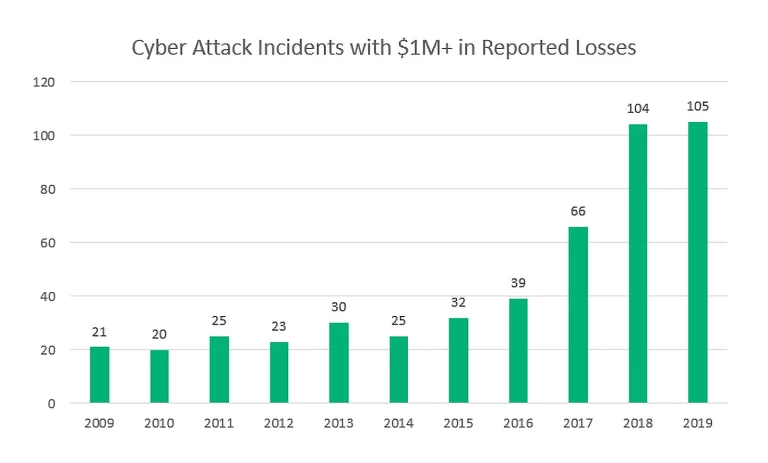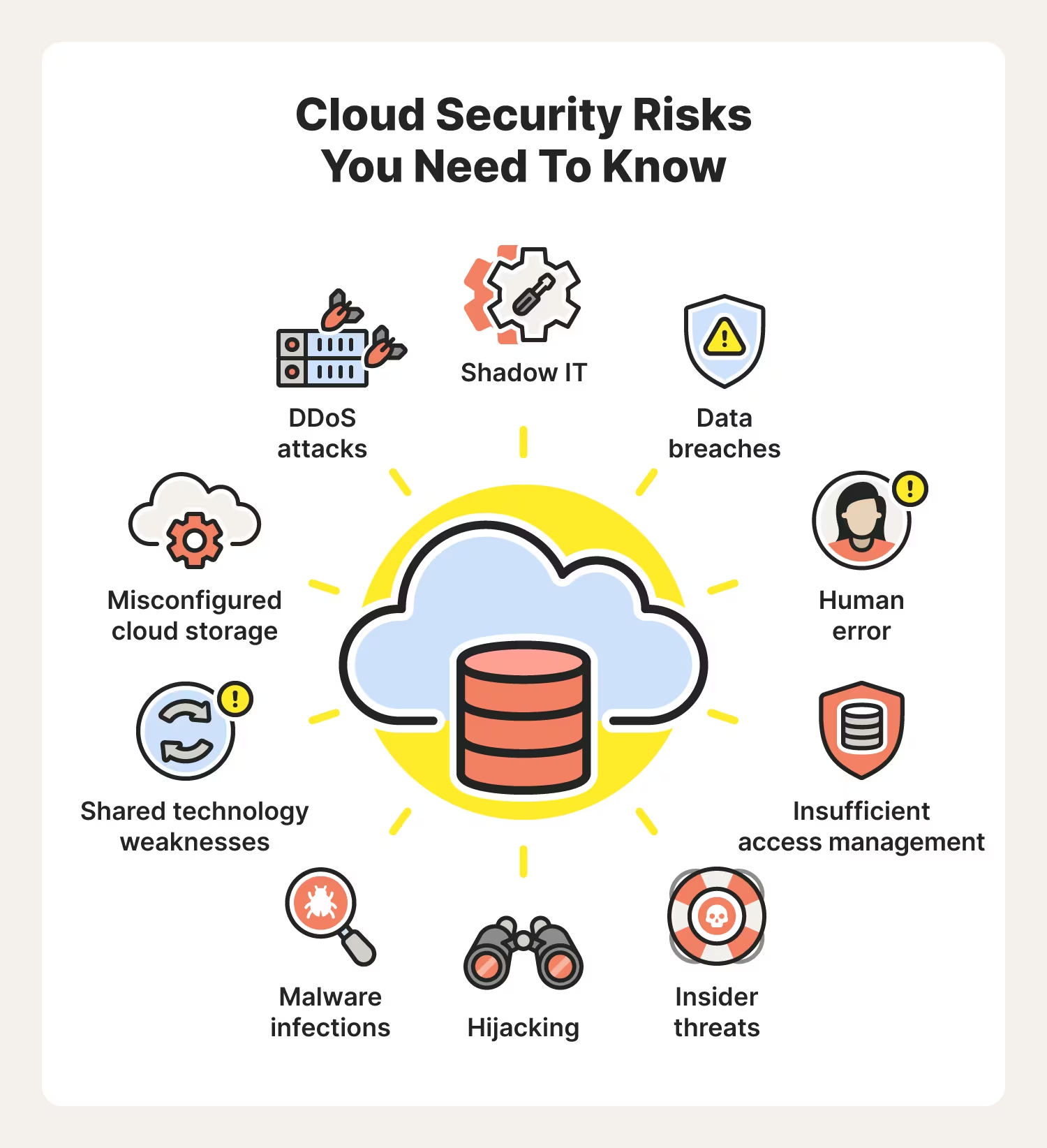As they say in the UK, it’s time to mind the gap. The IT gap that is. The gap in the IT job and skills market is widening and doing so quickly.
The unemployment rate for IT occupations reached a two-year low (1.5%) in July of this year according to the U.S. Bureau of Labor Statistics. Tech sector employers increased employment by 10,700 positions in July with the most gains in IT services and custom software development (5,200 workers), information services including search engines (4,000 workers), and data processing, hosting and related services (1,800 workers).
This is all great news…except when you look at it from an employer perspective. That low unemployment rate in the IT job market is due to the simple fact that there is a shortage of IT specialists. Many companies are struggling to find in-house employees to effectively run their IT systems and are turning to outsourcing.
The Broad Expanse of the IT Talent Gap
IT is facing a major issue of not having enough tech workers with the right skills, at the right time. And that time is yesterday. In the cybersecurity profession, the three areas of significant skills shortages are cloud computing security, security analysis and investigations, and application security.
A recently released industry report based on a survey of cybersecurity professionals revealed the main contributors to the skills gap were an increasing workload for the cybersecurity team (62%), unfilled open job requisitions (38%), and high burnout among staff (38%).
Here is a deeper dive into the reasons for the gap in IT talent:
- Pandemic effects: There is demand now more than ever for IT employees to help with the rise of remote work. The role of the IT worker has evolved to assist with not only BYOD but also with the necessary cloud-based software such as Zoom. Companies are lagging in helping their IT teams keep up the skills needed for this new world and efforts at reskilling, upskilling, and other training are falling short.
- High turnover due to burnout: When positions cannot be filled, organizations are moving those responsibilities to other employees and adding additional duties to their existing work –with little reward. This is resulting in tech employees having strong negative feelings towards their jobs and companies. Many are feeling little loyalty and leaving for better opportunities. This leads to the continuing cycle of the skills gap.
- Fair and competitive compensation: 38% of cybersecurity professionals say that not offering competitive compensation is the top factor contributing to organizations’ cyber skills shortage. This makes it especially challenging to recruit and hire good, skilled employees. It’s also the reason people leave with 33% of chief information security officers being offered a higher compensation package at another organization.
Why Outsource for Skilled Talent
At first glance, there may be hesitation to outsourcing. For example, in Deloitte’s Global Outsourcing Survey, the primary concerns with cloud contracting services were data security and loss of IP and service providers’ compliance with law and regulations. But the reality is that outsourcing provides a viable solution to the challenges of securing necessary IT personnel.
Outsourcing allows companies to look beyond locally for IT professionals and rely on a global talent pool. This is especially helpful when there is a need to find experts with specific skills or certifications in hyper-specialized areas of tech. For example, requiring a web app developer for a new product launch or a DBA for a specific database language.
Here are some other benefits of hiring an outside third-party for IT support:
- Reduced expenses from overhead and labor.
- Speed up innovation and development.
- Flexibility to get help in the long or short term.
- Continuity of workflow without disruption.
Considerations for Outsourcing to Fill the IT Gap
According to the Avasant IT Outsourcing Statistics report, application development is one of the most frequently outsourced IT functions in 2021 and more than 60% of tech companies are outsourcing at least a part of their application development. Around 55% of the study respondents said they will increase budgets for outsourcing cybersecurity functions.
Budgeting for cybersecurity coverage makes sense since there has been a surge in cyberattacks. These threats are predominantly due to the rise of remote work and the use of cloud applications. Enterprises need to make sure they have the proper coverage to ward off threats.
It’s important to find the right company for outsourcing and that will best match an organization’s needs for cybersecurity or other IT services. Here are some factors to consider when researching potential IT outsourcing companies to bridge a skills gap:
- Look at reviews and testimonials to gauge reputation.
- Make sure needs are covered by the scope of services available.
- Check for availability and timeliness especially if time zones are an issue.
- Ensure the company’s talent have the right skills and experience.
Cyberlocke offers industry-leading IT services that support efficient and secure operations To drive productivity, increase security, and improve business value. Let’s talk.


